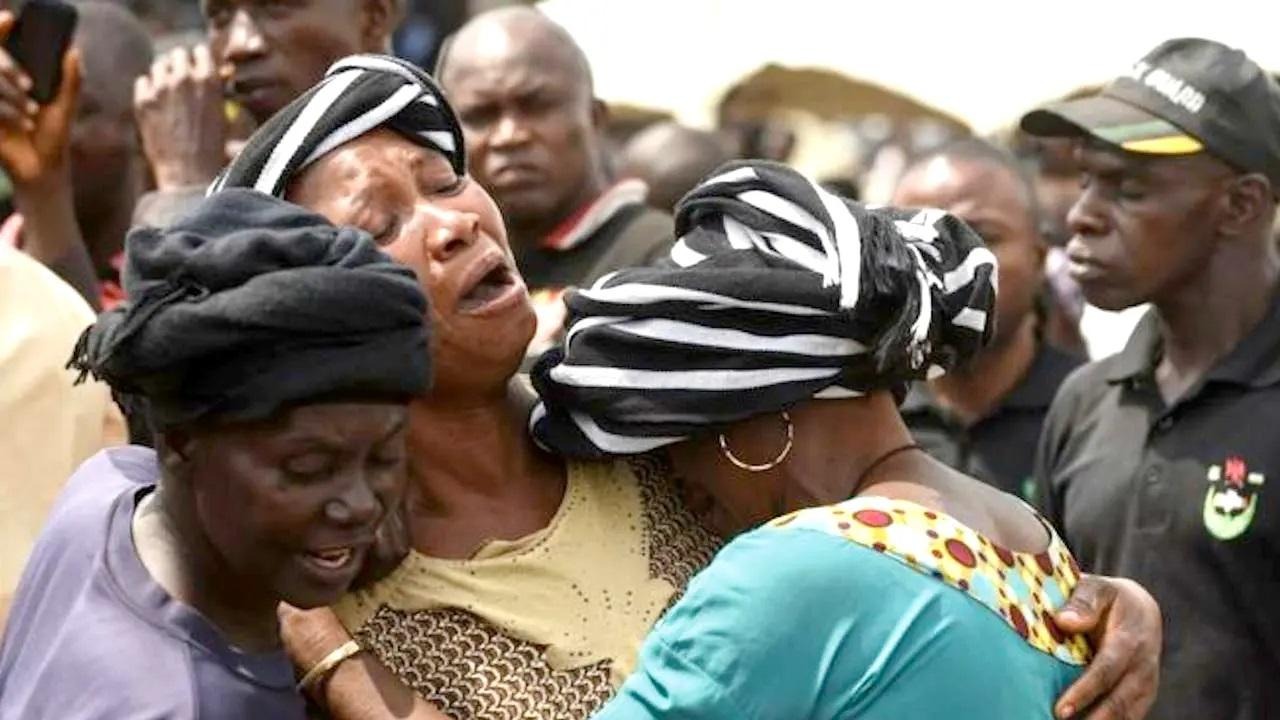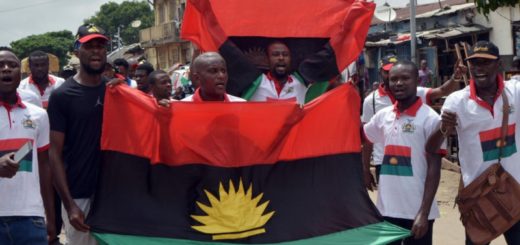Insecurity: 24,025 people missing in Nigeria – ICRC
 The International Committee of the Red Cross (ICRC) says 24,025 people are reported missing in Nigeria, with the majority from the Northeast.
The International Committee of the Red Cross (ICRC) says 24,025 people are reported missing in Nigeria, with the majority from the Northeast.
The Boko Haram conflict, which has persisted for over a decade, particularly affecting the states of Borno, Adamawa and Yobe is so alarming.
The Head of the ICRC’s sub-delegation office, Lillian Dube, during an event to commemorate the World Day of Disappeared Persons in Maiduguri, explained that the cases were documented in collaboration with the Nigeria Red Cross Society (NRCS).
According to her, “We have registered 24,025 people as missing, a number that likely represents only a fraction of the actual total.
“More than half of these cases involved children at the time of their disappearance.”
She further explained that 492 cases have been resolved, while 1,364 families have received news clarifying the fate of their missing loved ones.
Currently, she stated that 618 separated children that are still searching for their relatives, are being closely monitored by the ICRC and NRCS, stressing that four children, either separated or unaccompanied minors, have been successfully reunited with their families.
Dube said that the ICRC has also exchanged 1,286 messages, including from those in detention, to re-establish contact between separated family members.
Additionally, they facilitated seven phone calls to help reconnect families.
She said that over 600 families have received psychosocial, economic, legal and administrative support through the ICRC’s accompaniment programme, to address the psychological and emotional impact on the families of the missing.
The Head of the ICRC’s sub-delegation office observed that messages on how to prevent separations have been widely disseminated through various channels, including radio, posters, leaflets and social media, to raise awareness about the importance of staying in touch with family members during uncertain times.
She added that 8,788 names of missing persons have been broadcast on the radio and announced in communities, encouraging anyone with information to contact family members searching for them.













